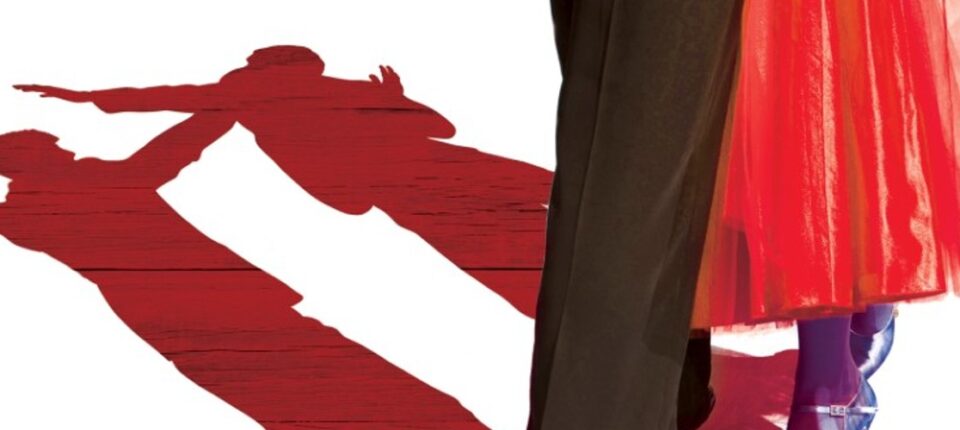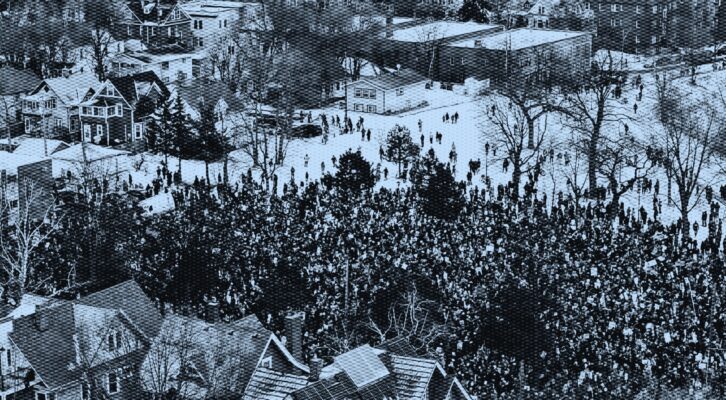Another week, another batch of books for your TBR pile. Happy reading, folks.
*

Bonnie Kistler, Her, Too
(Harper)
“[A] page-turner . . . . sharp prose and a ripped-from-the headlines premise. . . . Kistler, a former trial lawyer, brings authenticity to the proceedings . . . This burns hot.”
–Publishers Weekly
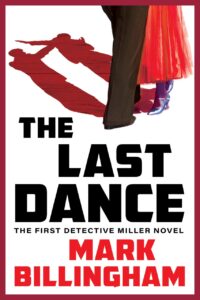
Mark Billingham, The Last Dance
(Atlantic Monthly Press)
“A gritty, engaging novel that balances light with dark, offering wit and wisdom in equal measure. Billingham’s new lead detective, DS Miller, may not be able to dance, but he never misses a step when it comes to solving crime.”
–Nita Prose
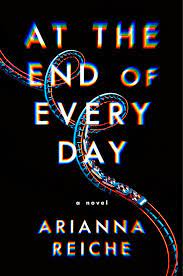
Arianna Reiche, At the End of Every Day
(Atria)
“A dreamlike, unsettling narrative that frequently slides into the uncanny valley. Readers are in for an eerie, psychological roller-coaster ride.”
–Publishers Weekly
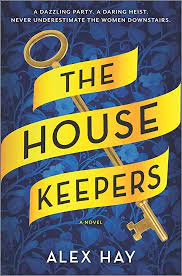
Alex Hay, The Housekeepers
(Graydon)
“This wonderfully inventive story paints an authentic portrait of London society in the early 1900s and is full of shocking secrets, suspense, hidden identities, flamboyant characters, and subtle humor.”
–Booklist
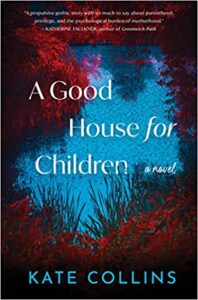
Kate Collins, A Good House for Children
(Mariner)
“Atmospheric and beautifully written, A Good House for Children builds slowly but surely into a terrifying ghost story.”
–Guardian

Ben Crane, A Man of Lies
(Pegasus)
“Crane’s ambitious, fast-moving debut follows a gay mobster desperate to leave the underworld behind. There’s a lot of bloodshed and a lot of plot twists here. Bold and exciting.”
–Publishers Weekly
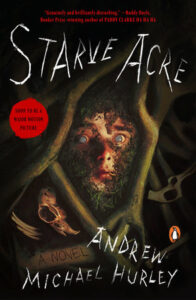
Andrew Michael Hurley, Starve Acre
(Penguin Books)
“[Hurley] ably captured the vibe of the era’s demon-spawn novels like Rosemary’s Baby and The Exorcist. . . Top-shelf gothic-folk horror.”
–Kirkus
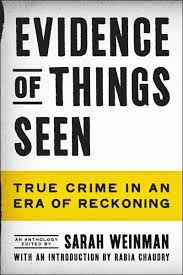
Sarah Weinman (ed), Evidence of Things Seen
(Ecco)
“This is a book about finding justice in a system that can frequently be unjust. These are stories about inequality, victims who must fight to be heard, and the tendency of the legal system to marginalize, or ignore, entire groups of people. . . . A valuable addition to the ever-growing genre of crime nonfiction.”
–Booklist
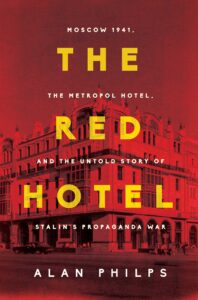
Alan Philps, The Red Hotel
(Pegasus)
“An unsettling account of how a cadre of foreign correspondents in Moscow during World War II were pressed to acquiesce to the Kremlin’s censorship. Philps’s thoughtful narrative puts their work into the appropriate historical context. An authoritative history of the terrible ramifications of the silence about Stalin’s lies.”
–Kirkus Reviews
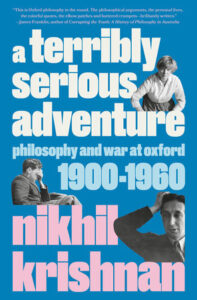
Nikhil Krishnan, A Terribly Serious Adventure
(Random House)
“Spirited [and] frequently wry . . . an account of thought at Oxford from 1900 to 1960 that weaves biography with philosophy and somehow attains . . . a pellucid clarity. This is one of those books that leaves readers feeling a lot cleverer than they actually are.”
–The Sunday Telegraph

